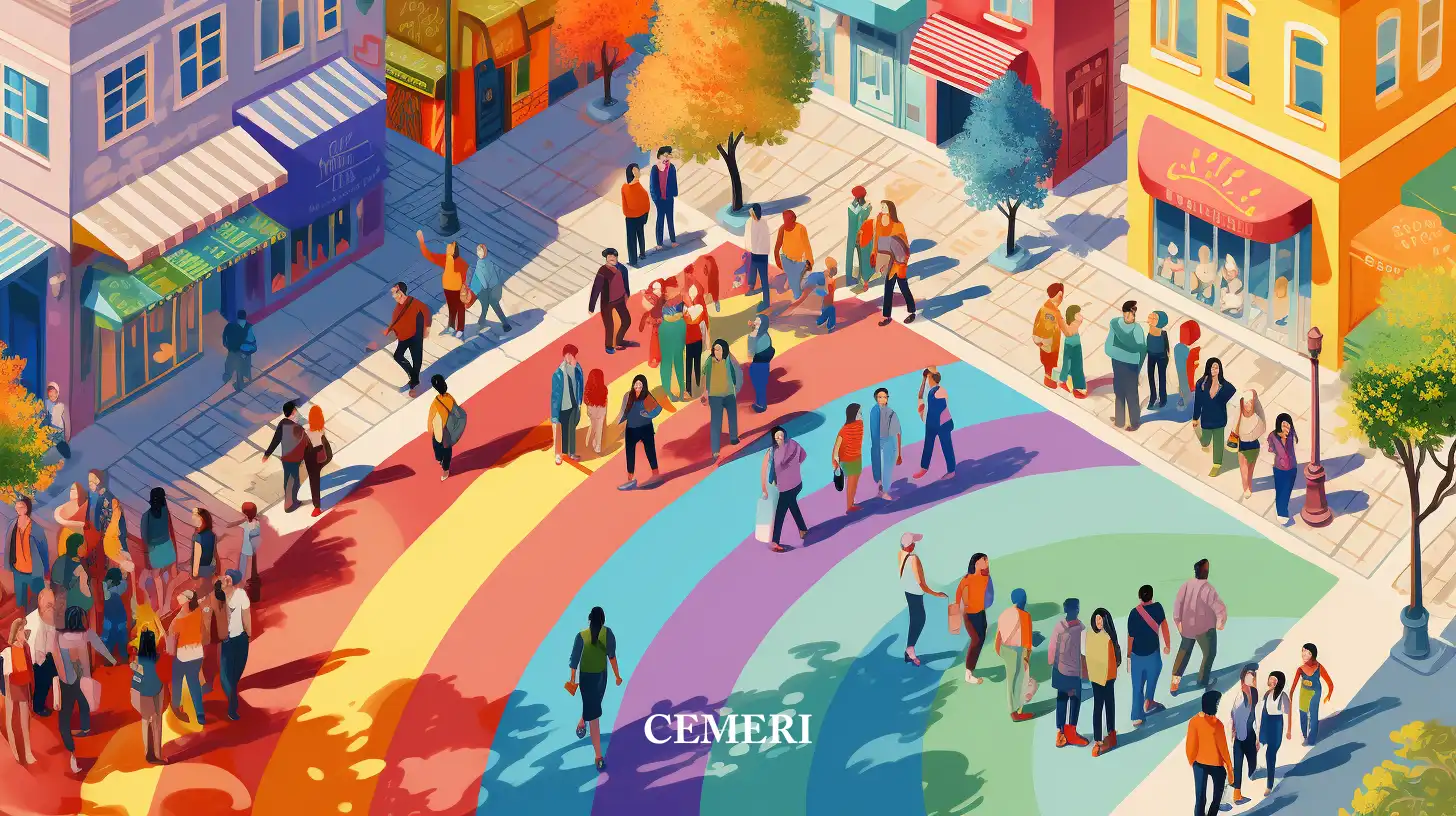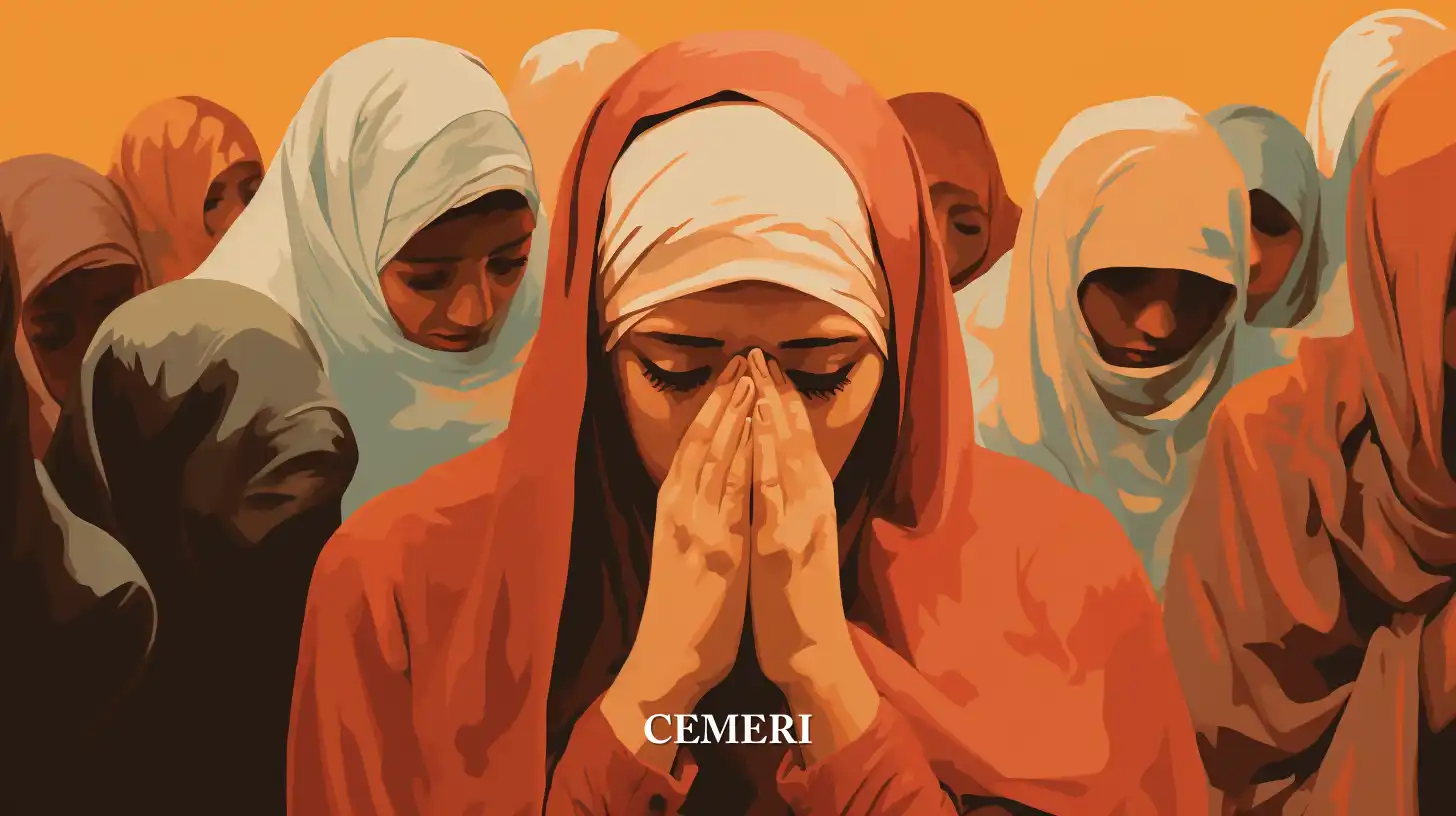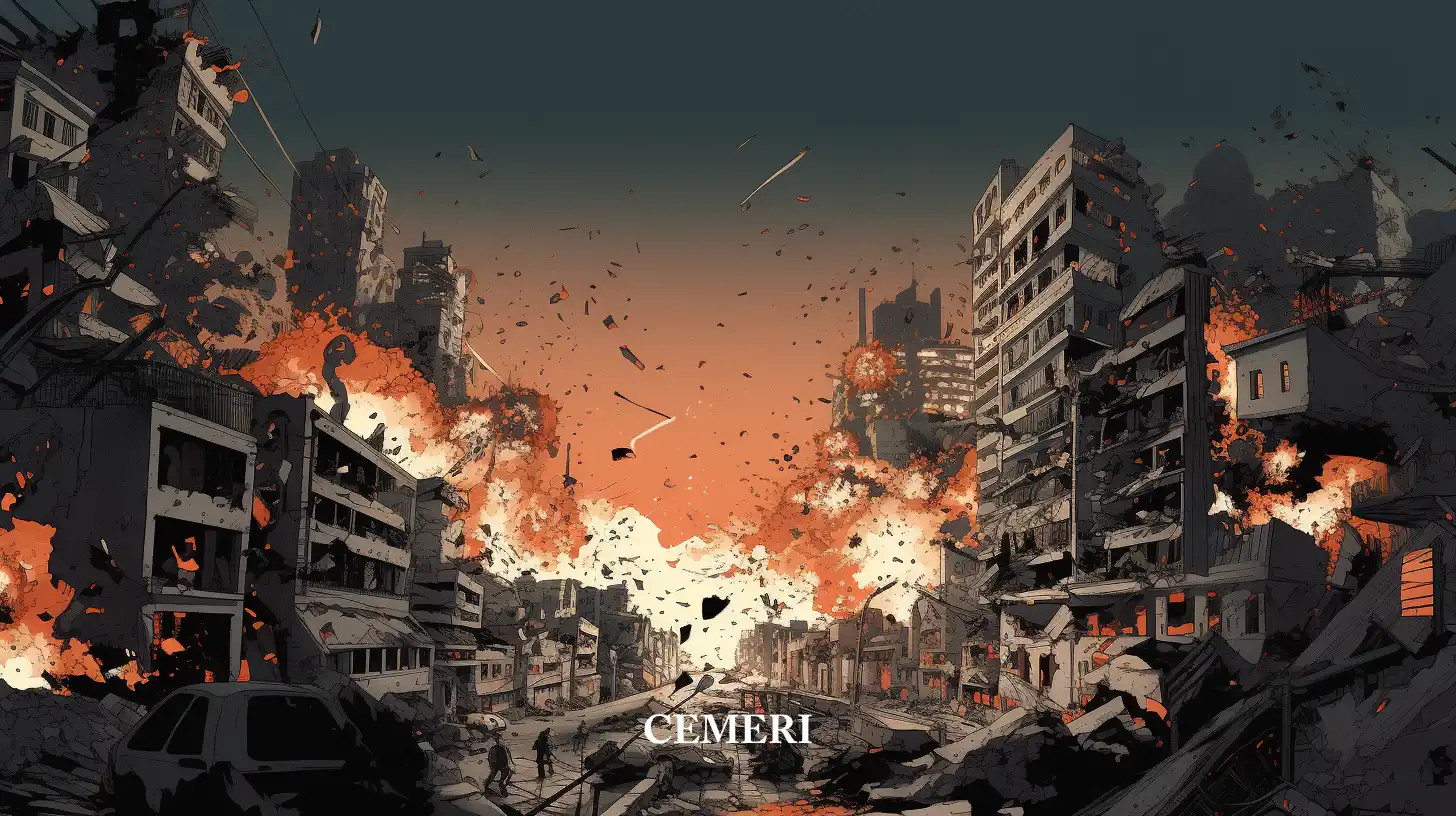Encyclopedia
CEMERI
What are Rainbow Cities?
- Through the exchange of experiences, collaborative work, and the discussion of public policies among local governments in over 40 Rainbow Cities around the world, the human rights of that community are promoted and protected.

The Rainbow Cities Network (RCN) is an international network of cities that seek to eradicate discrimination against the lesbian, gay, bisexual, trans, intersex and queer (LGBTIQ) population. Through the exchange of experiences, joint work and discussion of public policies of local governments in more than 40 Rainbow Cities around the world, the human rights of said community are promoted and protected (RCN, 2022).
The importance of creating public policies at the local level, as well as the understanding of the responsibility of municipal and regional authorities are key factors for the protection of LGBTI people. In response to the above, the governments in the cities of Amsterdam, the Netherlands; Barcelona, Spain; Cologne (Cologne), Germany and Turin, Italy; informally founded a Network of Rainbow Cities with the aim of promoting initiatives focused on guaranteeing the sexual rights of this historically discriminated sector of the population (RCN, 2016).
That is why the general mission of the organization focuses on improving and supporting the development of policies that ensure inclusion in member cities, while creating livable spaces for all. Specifically, they have five main objectives (Rosas, 2020):
- Exchange of experiences and best practices regarding the formulation and implementation of local policies and their relationship with the LGBTI community.
- Collaboration to give greater visibility to the LGBTI population.
- Improvement of practices and initiatives that contain an intersectional approach.
- Share updated information on the development of LGBTI policies in the world.
- Preservation of an international connection between countries.
Due to this, over time more cities, most of them European, joined the network, with 42 members by mid-2022:
| City | Country | Region | Accession Year |
|---|---|---|---|
| Aarhus | Denmark | Europe | 2019 |
| Amsterdam | Netherlands | Europe | 2012 |
| Barcelona | Spain | Europe | 2011 |
| bergen | Norway | Europe | 2017 |
| Berlin | Germany | Europe | 2012 |
| Bern | Switzerland | Europe | 2018 |
| Bruges | Belgium | Europe | 2014 |
| Brussels-Capital | Belgium | Europe | 2014 |
| Bordeaux | France | Europe | 2021 |
| Mexico City | Mexico | North America | 2014 |
| Cologne | Germany | Europe | 2012 |
| Copenhagen | Denmark | Europe | 2021 |
| Cork | Ireland | Europe | 2020 |
| Cortrick | Belgium | Europe | 2021 |
| Esch-sur-Alzette | Luxembourg | Europe | 2014 |
| Frankfurt | Germany | Europe | 2020 |
| Ghent | Belgium | Europe | 2014 |
| Geneva | Switzerland | Europe | 2012 |
| Hamburg | Germany | Europe | 2014 |
| Hanover | Germany | Europe | 2013 |
| Heidelberg | Germany | Europe | 2020 |
| Helsinki | Finland | Europe | 2021 |
| Kotor | Montenegro | Europe | 2020 |
| Lille | France | Europe | 2022 |
| Linz | Austrian | Europe | 2020 |
| Ljubljana | Slovenia | Europe | 2013 |
| Leuven | Belgium | Europe | 2014 |
| mannheim | Germany | Europe | 2015 |
| Montréal | Canada | North America | 2022 |
| Munich | Germany | Europe | 2012 |
| New Taipei | Taiwan | Asia-Pacific | 2021 |
| Nuremberg | Germany | Europe | 2017 |
| Oslo | Norway | Europe | 2017 |
| ostend | Belgium | Europe | 2021 |
| Paris | France | Europe | 2018 |
| Reykjavik | Iceland | Europe | 2019 |
| Rotterdam | Netherlands | Europe | 2017 |
| Sao Paulo | Brazil | South America | 2014 |
| Taipei | Taiwan | Asia-Pacific | 2020 |
| Vienna | Austria | Europe | 2012 |
| Wiesbaden | Germany | Europe | 2021 |
| Zurich | Switzerland | Europe | 2012 |
Source: Own elaboration with data from the Rainbow Cities Network (2022). The Rainbow Cities.
Likewise, the RCN seeks to fulfill its objectives through the development of activities such as annual meetings and the exhibition of a photographic exhibition every May 17 on the International Day against Homophobia, Transphobia and Biphobia, IDAHOBIT by its name in English. In addition, thanks to the financing by the European Commission towards the project LGBTI Policy Guidelines (LGBTI Policy Guidelines), respect and tolerance on the part of European citizens towards the community is encouraged (Geneva Cities Hub, 2021).
Although the network specializes in policies and actions at the local level, they also contribute to national efforts in Europe that ensure the rights of the LGBTI population. An example of this are some of the Rainbow Cities that, together with their state governments, have protection campaigns for people with diverse sexualities coming from Ukraine as refugees, expressing that, due to their condition, they are more prone to suffer acts discrimination and violence, as well as human trafficking, sexual exploitation and abuse (RCN, 2022).
Rainbow Cities in Latin America
As a proposal to improve the situation of the LGBTIQ sector in Latin America, Mexico City together with the Commission to Prevent and Eliminate Discrimination (COPRED), presented in 2017 the project "Latin American Network of Rainbow Cities" (RLCA) based on the achievements obtained in Europe. With this, it was intended to generate inclusion and respect within the social sphere of the participating countries.
The reality of the region is represented by a constant struggle for the protection of the human and sexual rights of this population. According to data from the entity Sin Violencia LGBTI, in Latin America and the Caribbean there were around 3,514 murders based on gender identity and sexual orientation in the period 2014-2020 (Palomino, 2021). However, this figure increases if one considers the little information provided by some governments on the subject, which limits the follow-up of the cases.
Part of the problem lies in the lack of public policies that lead to real change in Latin American societies. The RLCA, like its European counterpart, seeks to:
[...] involve other governments in the region that wish to develop fully inclusive legislation and policies, where the local public administration of each government recognizes and welcomes the human rights of people in situations of vulnerability due to sexual orientation, gender expression and identity, and sex characteristics. (Government of Mexico City, 2017).
Likewise, through the identification of LGBTI sectors, the network focuses on empowering people and organizations in favor of the population with diverse sexual orientations and gender identities, as well as the mainstreaming of experiences and programs implemented by governments. locations in Latin America (Bogotá City Hall, s/f.). Currently, the RLCA is made up of:
- Colombia: Bogota, Medellin, Puerto Boyacá.
- Argentina: Buenos Aires, Rosario.
- Mexico: Mexico City, Querétaro.
- Brazil: Guarulhos, Porto Alegre, Recife, São Paulo.
- **Uruguay montevideo.
- Chile: Quilicura.
- Ecuador: Quito.
In summary, the Rainbow Cities are born as a response to the need to create inclusive spaces where LGBTIQ people are not victims of discrimination, stigma, exclusion and violence. The implementation of local public policies highlights the importance of combating the problem at all levels of society. In addition, by understanding and sharing experiences in this regard, governments have the opportunity to learn from the mistakes of others, while adapting initiatives and projects to the social reality of each country.
Sources
RCN (2022). ''The Rainbow Cities''. RCN. Recuperado de: https://www.rainbowcities.com/the-rainbow-cities/

